Executives at university presses—all of whom publish titles in the religion category—weigh in about new initiatives, their presses’ unique personalities, and publishing in a time of social, political, and technological upheaval.
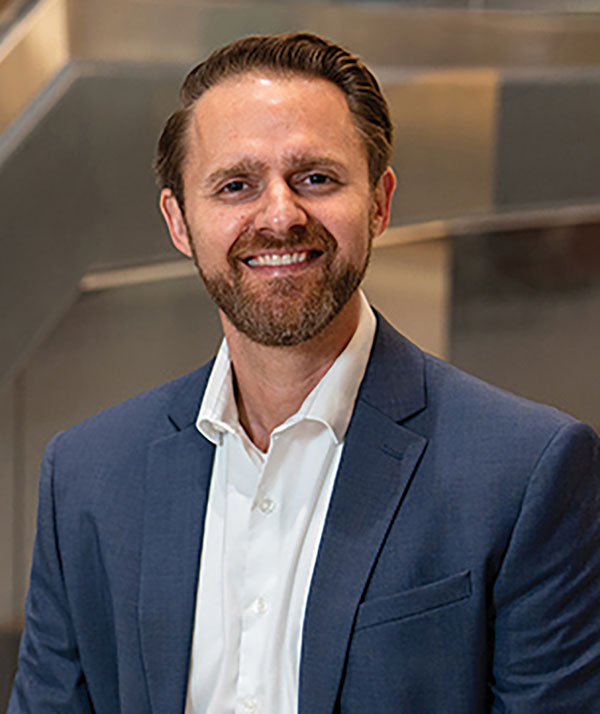
David Aycock
“We tell stories from the margins, using historical voices to reveal people’s lived experiences. What does it mean to immigrate, to assimilate, to live out your ideas in a new language? How can such books heighten awareness of our religious and geopolitical paths today?”
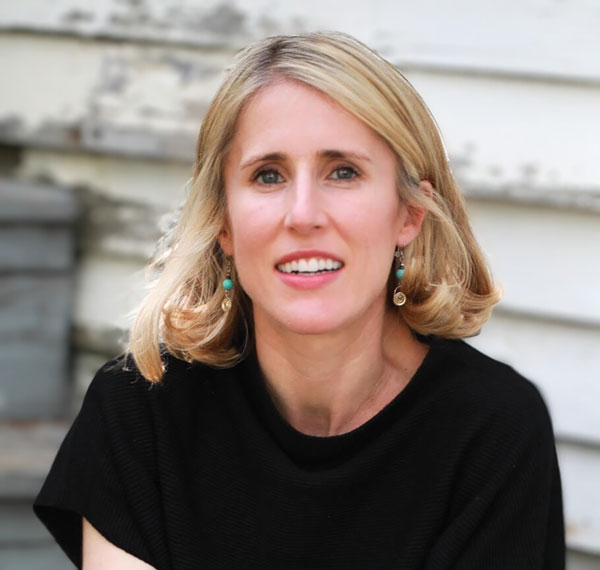
Jennifer Banks
“We don’t face pressure not to publish certain authors or platform certain ideas. At Yale, we publish across the political spectrum, representing very different views. If we think they’re up to our standards and they have something important to contribute to the culture and the conversation, we will publish them."
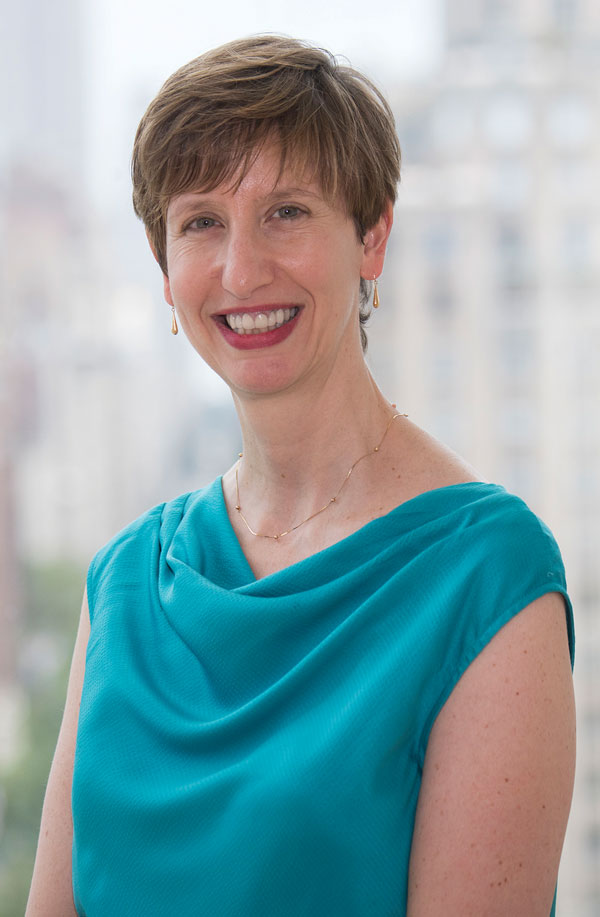
Jennifer Hammer
“New York University Press is very strong on religion, race and ethnicity. We look at people and populations that have been overlooked and expand the field to notice their contributions.”
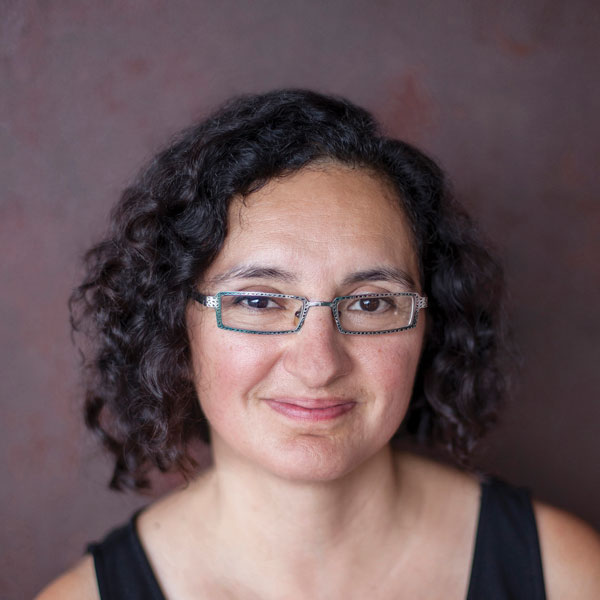
Gisela Fosado
“We are primarily a humanities press. Right now, support for the humanities is shrinking. There are fewer university courses, fewer professors buying our books, and more students sharing PDFs. But I’m filled with hope. We are bound to realize in the next 10 or 20 years how essential the humanities are to understanding the significant problems the world is facing.”
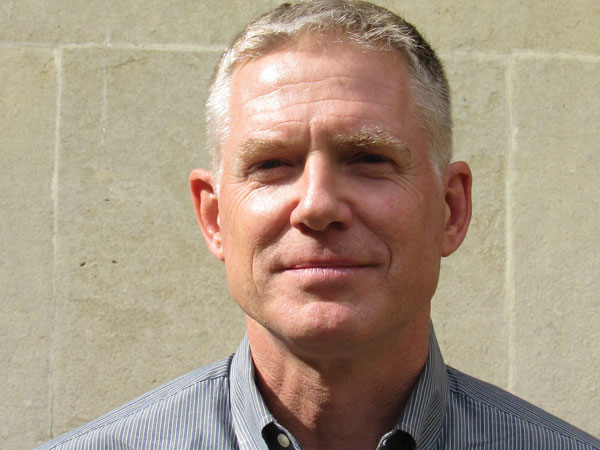
Niko Pfund
“The challenge today is how you reorient your organization so that you still are able to provide your audiences with all the different formats they desire, but do it in a way that doesn’t bankrupt you. AI represents a quantum change that raises immediate concerns. Academia, by nature, is deliberate, thoughtful. But if you’re debating too long, the conclusion has already been overtaken by events.”
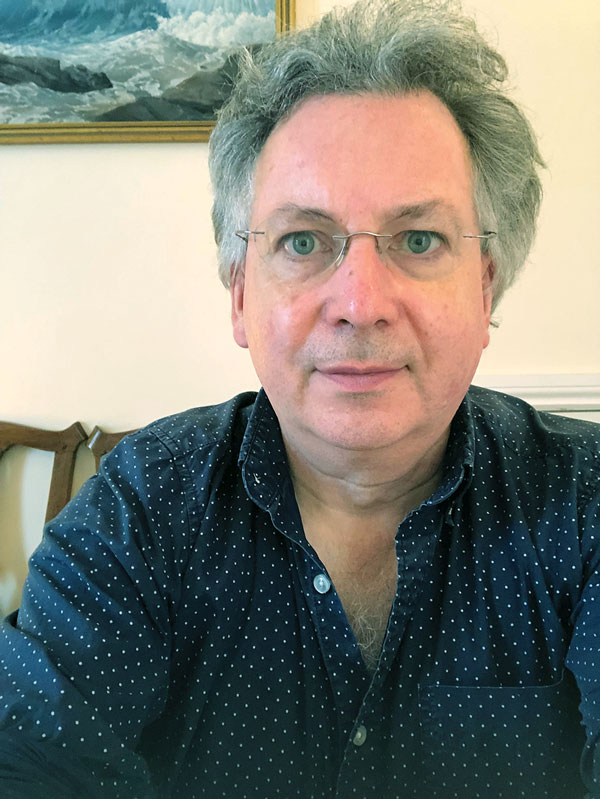
Alex Wright
“Of course, there are pressures. There are contentious books—around Israel and Palestine, and debates about gender. However, there’s a recognition that universities should be places, fundamentally, of debate and discussion. Inevitably, there will be differences of opinion, but the rigor of the scholarship is paramount.”
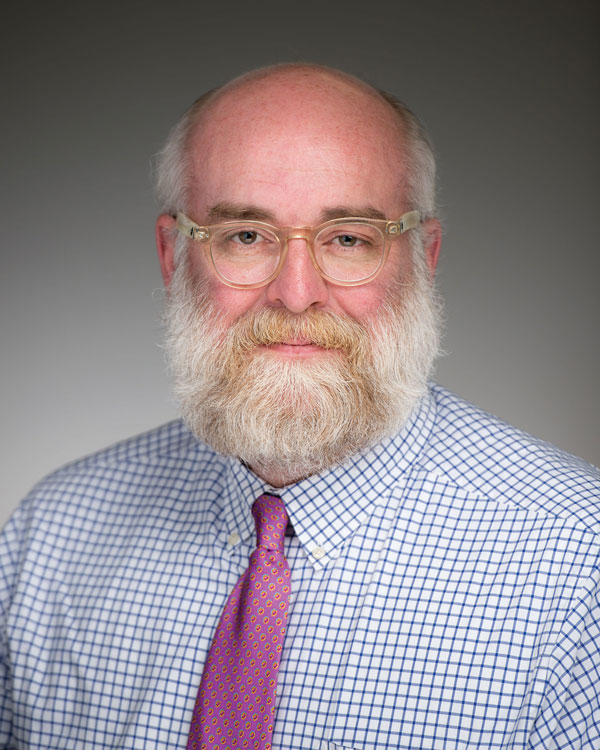
Stephen Wrinn
“We’re committed to scholarship in theology, philosophy, and religion, but we are also having successes with crossover books with trade potential. The classic market is somewhat shrinking, so having a broader base can be a smart move. We’re not doing a lot of trade books. We publish roughly 55 to 60 books a year. Only five to seven titles are trade. The rest draw on our historic strengths.”








